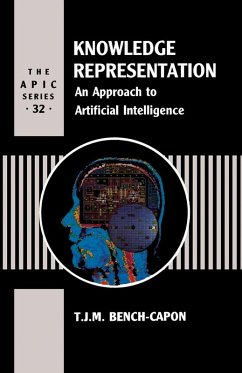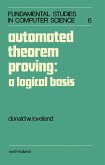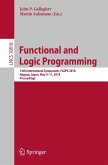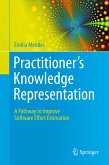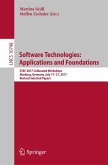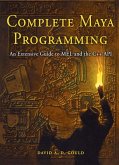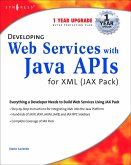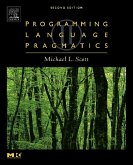Although many texts exist offering an introduction to artificial intelligence (AI), this book is unique in that it places an emphasis on knowledge representation (KR) concepts. It includes small-scale implementations in PROLOG to illustrate the major KR paradigms and their developments.****back cover copy:**Knowledge representation is at the heart of the artificial intelligence enterprise: anyone writing a program which seeks to work by encoding and manipulating knowledge needs to pay attention to the scheme whereby he will represent the knowledge, and to be aware of the consequences of the choices made.****The book's distinctive approach introduces the topic of AI through a study of knowledge representation issues. It assumes a basic knowledge of computing and a familiarity with the principles of elementary formal logic would be advantageous.****Knowledge Representation: An Approach to Artificial Intelligence develops from an introductory consideration of AI, knowledge representation and logic, through search technique to the three central knowledge paradigms: production rules, structured objects, and predicate calculus. The final section of the book illustrates the application of these knowledge representation paradigms through the Prolog Programming language and with an examination of diverse expert systems applications. The book concludes with a look at some advanced issues in knowledge representation.****This text provides an introduction to AI through a study of knowledge representation and each chapter contains exercises for students. Experienced computer scientists and students alike, seeking an introduction to AI and knowledge representations will find this an invaluable text.
Dieser Download kann aus rechtlichen Gründen nur mit Rechnungsadresse in A, B, BG, CY, CZ, D, DK, EW, E, FIN, F, GR, HR, H, IRL, I, LT, L, LR, M, NL, PL, P, R, S, SLO, SK ausgeliefert werden.

